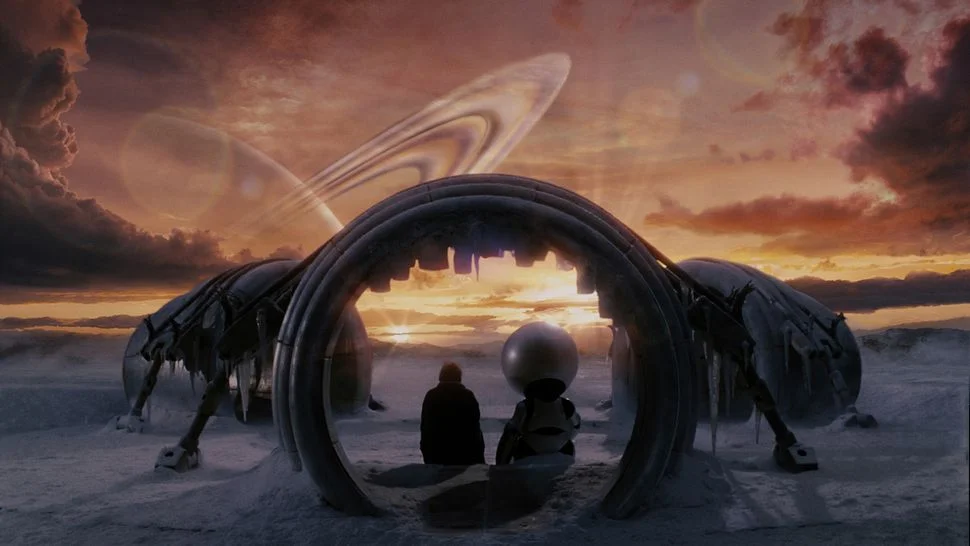The “law of increasing functional information” states that complex systems in nature evolve to become more complex. Researchers have proposed an “incomplete” scientific law for the evolution of life, minerals, planets, stars and almost everything in the universe.
This new law defines “universal selection concepts” that enable systems, whether living or not, to evolve. It examines the tendency of natural systems in the universe to become more complex over time. The research team behind the law, consisting of philosophers, astrobiologists, theoretical physicists, mineralogists and data scientists, called the law “the law of increase of functional information.”
“This was a true collaboration between scientists and philosophers to solve one of the deepest mysteries of the universe: Why do complex systems, including life, evolve towards more functional information over time?” This was stated by the co-author of the study. Jonathan LuninProfessor of physical sciences at Cornell University.
Lunin and his colleagues described their new law in a study published Oct. 16 in the journal PNAS.
Scientific laws are explanations of observed events. They do not explain why these events exist or what causes them, but they add to our scientific understanding and provide a launching pad for future research.
The researchers stated in the study that the new law states that “if many different configurations of a system are subjected to selection for one or more functions, the functional information of the system will increase (i.e. the system will improve).”
According to the explanation, the law is valid for systems that consist of many components such as atoms, molecules and cells, that can be arranged repeatedly and in different configurations. The law also says that these configurations were selected by function and only a few survive.
Expanding on Darwin’s theory of evolution, researchers propose that nonliving systems also evolve when new configurations of components work and improve function. An example of a function according to description is stability.
The scientific community reacts to this new law. Commenting on the statement from the Carnegie Earth and Planetary Laboratory in Washington, DC, theoretical biologist Stuart Kaufman, professor emeritus of biochemistry and biophysics at the University of Pennsylvania, said the study was “a remarkable, bold, broad and revolutionary paper.” Milan Čirković, research professor at the Belgrade Astronomical Observatory, described the study as “a breeze of fresh air blowing through difficult terrain at the intersection of astrobiology, systems science and evolutionary theory.”
But The Guardian reports that not everyone is so enthusiastic about the law, including astronomer Martin Rees, emeritus professor of cosmology and astrophysics at the University of Cambridge.
“Given the vastness of space and time, as well as the laws of physics and chemistry, an increasing variety of materials, environments and structures will emerge in the inanimate world,” Rees said. “But I don’t think this should be a manifestation of any new fundamental principle similar to the role of Darwinian selection by inheritance in the biological world.” Source
Source: Port Altele
